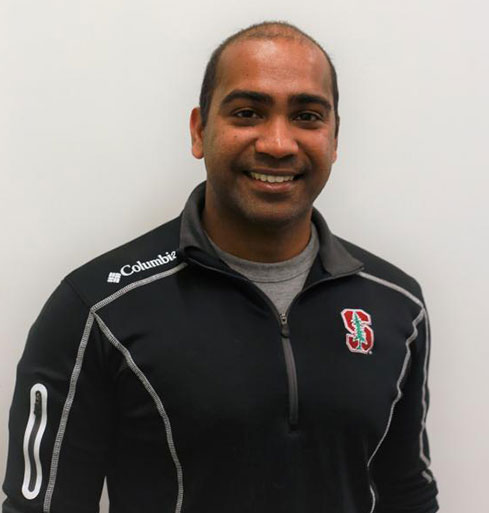
Rabindra (Robin) Shivnaraine, PhD
Rabindra (Robin) Shivnaraine holds a PhD in Molecular Biophysics and Pharmacology from the University of Toronto and was a Post-doctoral scholar at Stanford University. He was trained by James Wells (University of Toronto) and by Brian Kobilka (Nobel Prize Chemistry) and Steven Chu (Nobel Prize Physics) at Stanford University.
Dr. Shivnaraine is an Instructor at Stanford University in the Department of Molecular and Cellular Physiology. He was Dean’s Fellow of the Stanford School of Medicine and an Interdisciplinary Scholar of the Wu Tsai Neurosciences Institutes of Stanford University.










